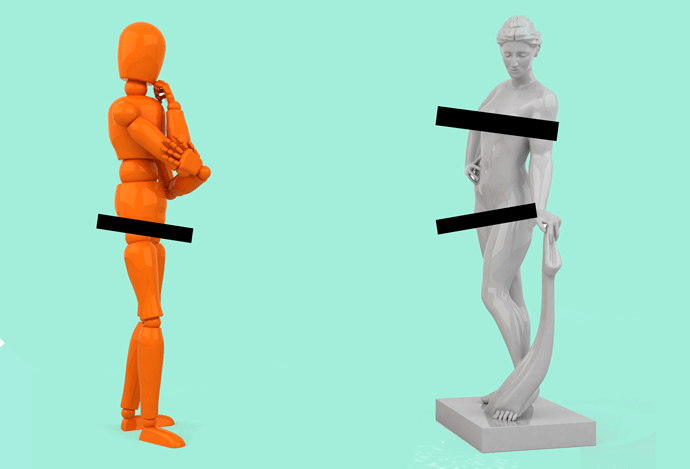 CIWM has announced it is ditching the polythene postage wrapping of its recently launched Circular magazine in a pilot that will see the magazine delivered “naked”.
CIWM has announced it is ditching the polythene postage wrapping of its recently launched Circular magazine in a pilot that will see the magazine delivered “naked”.
The “naked” trial is in response to feedback from CIWM members after it asked them which wrapping option was best, taking into account the full environmental economical and practical impact of each.
Members had the option of deciding to remain with the polythene wrap, moving to a compostable plastic, switching to paper wrapping or going completely naked.
- Polythene wrap: This is comparatively cheap, available from a variety of providers, offers effective protection, can be made from recycled material and is recyclable. However, it is a single-use plastic, which is “unacceptable as a long-term solution – particularly for an environmental organisation”, said CIWM’s executive director Chris Murphy.
- Biodegradable (compostable) bags: This seemingly has the advantage of not contributing to environmental damage while being a functional wrap – but there are financial and practical disadvantages. Biodegradable, or compostable, wrap is more expensive than polythene, and there are potential complexities around the danger of people mistakenly attempting to recycle it, which could contaminate the recycling. Compostable bags are also unlikely to compost fully in garden compost bins, as the temperature and residence time may not be sufficient. If they are used as food-waste bags, they may compost in commercial facilities, but – as most food waste goes to anaerobic digestion (AD) – they will not degrade during the relatively quick turnaround in a commercial AD facility.
- Paper bags: These can be made from recycled paper and are, themselves, recyclable through systems that are universally understood and available, either in the home or at work. They are cheap to manufacture, but there is a cost to placing the magazine in a paper bag, as this is currently done by hand. Circular’s current printer Stevens & George are looking into purchasing a machine which would do this automatically, thereby reducing the cost of this option.
- Naked: Simply attach an address label to the magazine, with a barcode that can be read by mail-scanning machines – or to print the name and address directly onto the back cover. This has the advantage of not requiring any wrap, although it costs a bit more because of the way this is printed and our postal system. The downside is that it leaves the magazine vulnerable to the elements during delivery, and to physical damage during processing and delivery. In some instances, where there are inserts and supplements to be mailed, this option won’t be practical and occasionally members will still receive a wrapped issue.
While some members were content to receive the publication in a recyclable paper package, there was very little enthusiasm for biodegradable or compostable packaging.
Most of those who favoured the label-only option based their argument on the waste hierarchy; no matter how recyclable or biodegradable the packaging might be, isn’t it better to prevent waste in the first place?
CIWM’s executive director Chris Murphy said: “The decision about the packaging of this magazine was complex, but that is knocked into a cocked hat when considering the complexities of packaging in the wider environment.
“Most of us want to do the right thing – to feel we have an influence on product and packaging, at least through our purchasing power, to avoid waste and to recycle as easily as possible.”
If you receive your issue of Circular in anything less than pristine condition, please let CIWM know by emailing chris.murphy@ciwm.co.uk
Look out for your naked March / April issue of Circular. If you don’t receive Circular magazine but would like to, you can do so by becoming a CIWM member.
CIWM Media Centre